Greetings to our highly esteemed people of Rivers State and welcome to another episode of RivEthics on Radio, our character-building weekend show. Please remember that it is your decision to either settle for less or go for your full potential. This episode is in commemoration of the United Nations’ World Day of Social Justice which came up on February 20th.
It was at the 1995 World Summit for Social Development at Copenhagen that the Declaration which pledged to overcome poverty, reach full employment and foster social integration was adopted. These bold commitments alongside growing inequalities remain the defining challenges of our time. Recent waves of globalization, and concrete actions by both State and non-State actors have done much to reduce inequalities, and yet within countries, the gap between richest and poorest is widening. While extreme poverty has been reduced, income and wealth are increasingly concentrated. Most economies are growing, but large portions of the world’s workforce have experienced real wage stagnation, especially in developing countries.
Despite some progress in achieving social justice and efforts undertaken by countries and the international community, people in vulnerable situations face significant challenges in terms of labour force participation, equal pay and decent work opportunities. There is a need to address the stark levels of inequality that exists within and between countries and in rural and urban populations. Inequalities encompass much more than just differences in income, posing a serious obstacle to the achievement of social justice and sustainable development globally.
The lack of decent work opportunities and formal employment worsens inequalities among societies, and weakens social cohesion and people’s trust in governments and institutions. Not only are growing inequalities preventing people from achieving their full potential, it is also putting a burden on personal income, State and national economies.
All this has led to the growth of damaging and unacceptable inequalities, a vicious circle situation where everybody loses. Closing the inequalities gap in the 21st century requires a comprehensive approach, targeting challenges that arise from rapid technological change and demographic shifts. It is thus a critical time for decisive actions for an equitable future, which requires strong and coordinated responses at the global, National, State, Community and family levels to address the multidimensional root causes of inequalities and to achieve the 2030 Agenda for Sustainable Development.
On this occasion of the 2020 World Day of Social Justice, stakeholders should explore actions needed at the international, regional, national, state, community, family and personal levels to reduce inequality and identify how we can deliver coherent and responsive policies and actions to achieve social justice for all. Our Rivers State has already taken notable steps in this direction.
Let us pay close attention to our guest speaker, as she takes us through the topic. She is Mrs. Inime Chinwenwo Aguma, a legal practitioner and the Honourable Commissioner for Social Welfare and Rehabilitation, Rivers State.
Our respected Rivers People, please remember to always let your manners speak for you.
God bless and keep you and your families and God bless Rivers State.
